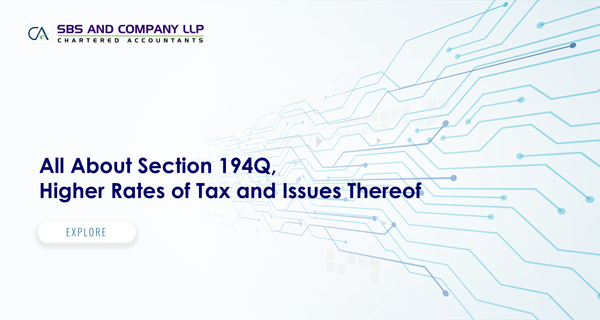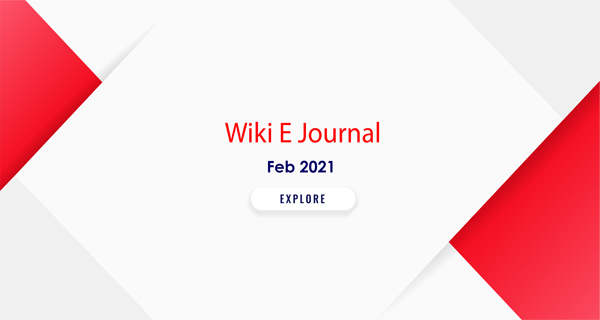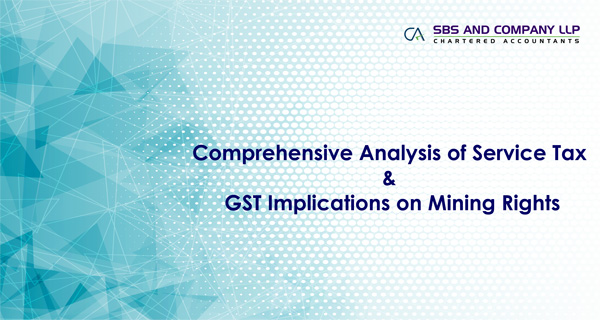Section 194Q – An Interceptor to TCS under Section 206C (1H):
We all know that through the Finance Act, 2020, a new clause (1H) has been inserted to Section 206C for collection of tax at source in order to bring-in certain transactions in respect of sale of goods under the purview tax collection at source (for brevity ‘TCS’). Under the amended provisions through Finance Act 2020, any seller who has made domestic sales, being sale of goods, to any person in any previous year in excess of INR 50 lakhs is liable to collect tax at the rate of 0.1 percent from the buyer on such amount exceeding INR 50 lakhs[1].
Now, through the Finance Act, 2021, a new Section 194Q has been inserted in similar lines with section 206C (1H). Under the new provisions, a buyer who is responsible for making any payment to any resident in respect of purchase of goods in a previous year in excess of INR 50 lakhs is required to deduct tax at source at the rate of 0.1 percent on value exceeding INR 50lakhs.
Read more: All About Section 194Q, Higher Rates of Tax and Issues Thereof








